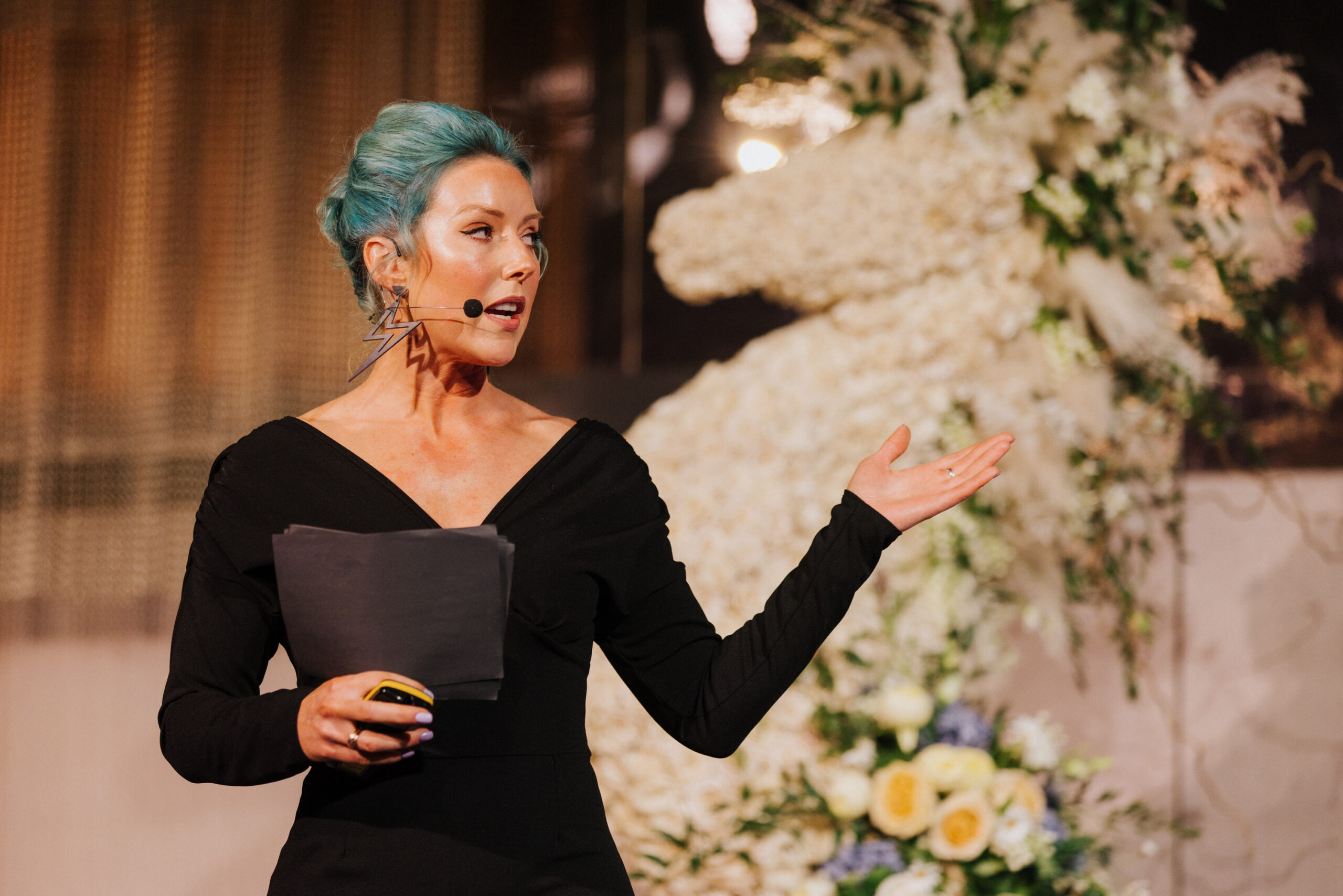Recovering from burnout requires self-awareness and open-mindedness along with a combination of self-care strategies and lifestyle changes,
Yes, in some cases professional help may be required, but before you call in the professionals let’s see what you can do for you first.
I always say the first step of any change usually requires staging an intervention with yourself. Accepting that doing things the way you are currently doing them and living the way you are currently living is not serving you well anymore.
And so the first step in addressing burnout is being honest with yourself, acknowledging your feelings, and fully accepting what you are experiencing.
If you’re unsure if it definitely is burnout at this stage, then just assume it is for now and work through these steps:
- Seek Support:
A problem shared is a problem halved (or certainly less of a problem!)
Reach out to close friends, family, or a trusted colleague or mentor to discuss how you’re feeling.
Just talking about what you’re going through can provide emotional relief and support, and make you feel less alone with it; it’s also far easier for you to work through something once it’s out in the open.
Joining support groups or networks with people who have experienced stress, anxiety, and burnout can also be helpful in hearing others share their own experiences and coping strategies.
- Set Boundaries:
Nowadays it’s all too easy for our boundaries between work and personal life to get a bit blurry.
There will always be more you can do, and people will always be asking things of you, so you must establish your own boundaries between work and personal life – no one will do that for you, in fact, they’ll do quite the opposite!
Make a pledge to yourself now to stop overextending yourself, practice saying “no” more often, and delegate things whenever/wherever possible; particularly ones that you don’t enjoy.
- Time Management:
First and foremost lower your expectations of yourself a little (it’s just for now), assign yourself less to do in a day or week, and create more space to lighten the load.
Improving your time management skills to prioritise tasks and reduce the feeling of being overwhelmed is key!
Utilising techniques such as the Pomodoro Technique, time-blocking, or task batching can help you manage your work far more effectively and make you feel far more on top of things which boosts your mood and increases your energy and motivation.
- Get Organised:
Our inner world and outside world mirror one another; and so organising or decluttering the physical space around you, and your duties, will help you feel more organised within yourself and your mind which reduces stress, releases energy, and improves your focus.
- Take Regular Breaks:
Rearrange your day to incorporate regular intervals for short breaks to rest, recharge, reset, and refocus.
Use these breaks as alone time with yourself to stretch, go for a walk, enjoy a cup of tea silently, etc. and this will give your mind time to process things as you go and restore energy levels to sustain you throughout the day.
- Practice Self-Care:
Self-care should be a non-negotiable in every single one of your days.
Get in the habit of dedicating a minimum of 30 minutes every day to a self-care activity that promotes relaxation and well-being.
Remember your self-care is unique to you and looks differently for each of us; it could be a low-energy activity like carving out time to relax in a bubble bath, quietly read, take a long walk outside around nature, or it could be allowing yourself time to meet friends for lunch or dinner, attending a high energy event that will motivate and inspire you, or going to the gym for a HIIT workout.
Ensure you are making time for yourself to do the things that you choose to do and putting yourself first before anything and everyone else.
- Mindfulness and Relaxation Techniques:
Practice mindfulness and relaxation techniques like deep breathing exercises, journaling, yoga, or simply taking a long walk outdoors to reduce stress and allow your mind and body to decompress.
This increases your ability to navigate your day with ease, manage your emotions, and cope with challenges far better.
- Healthy Lifestyle:
What we fuel our bodies with has a direct impact on what comes out.
Eating a balanced diet, getting regular exercise, prioritising sleep, and avoiding excessive caffeine and alcohol consumption can be the simplest of changes you can make which have a hugely positive impact on your body and mind.
This allows your body to function optimally, balances your hormones, and regulates your energy levels; start paying close attention to all of this and I highly recommend tracking it through apps for a week to see how well you’re meeting your basic needs.
- Reevaluate Priorities & Goals:
Reflect on your values and priorities; are you pursuing a career or lifestyle that aligns with your true passions and values?
If not, then burnout can be a big signal to make vital changes that feel more aligned with who you are, how you work, and what you want from life.
Reevaluate your specific goals and expectations at work and in your personal life too.
Sometimes we end up pursuing goals that aren’t really aligned with who we are and what we really want anymore, so now is a very good time to assess your goals to ensure not only that they are definitely what you want, but also that they are realistic and achievable.
Worrying about our goals can cause anxiety, and not reaching them can cause stress related to perceived failure.
- Take Time Off:
If feasible taking extended time off will allow you to recharge more quickly and easily.
A change of scenery and a break from daily responsibilities will work wonders for the mind and your overall outlook on life.
Holidays or weekend breaks are great, but retreats can be an even better option at this time as they ensure you make the most of your break by providing support and guidance each day and holding you accountable to fully let go, rest, and reconnect with yourself and better recharge in a shorter space of time.
Burnout is becoming increasingly common but it is a serious condition, and addressing it is crucial for your mental and physical well-being, as well as your overall quality of life.
Recovering from burnout is a gradual process – it took you many months/years to get here so you will not recover overnight – but making a point to focus on the points above, consistently, each and every day will get you back to your better self (and beyond!) eventually.
Be kind to yourself, have patience, and just keep going.
It’ll be worth it in the end, and while it may not seem it now, you will get better.
Love, Camilla x
Follow me on Instagram for daily support with your health and well-being.





